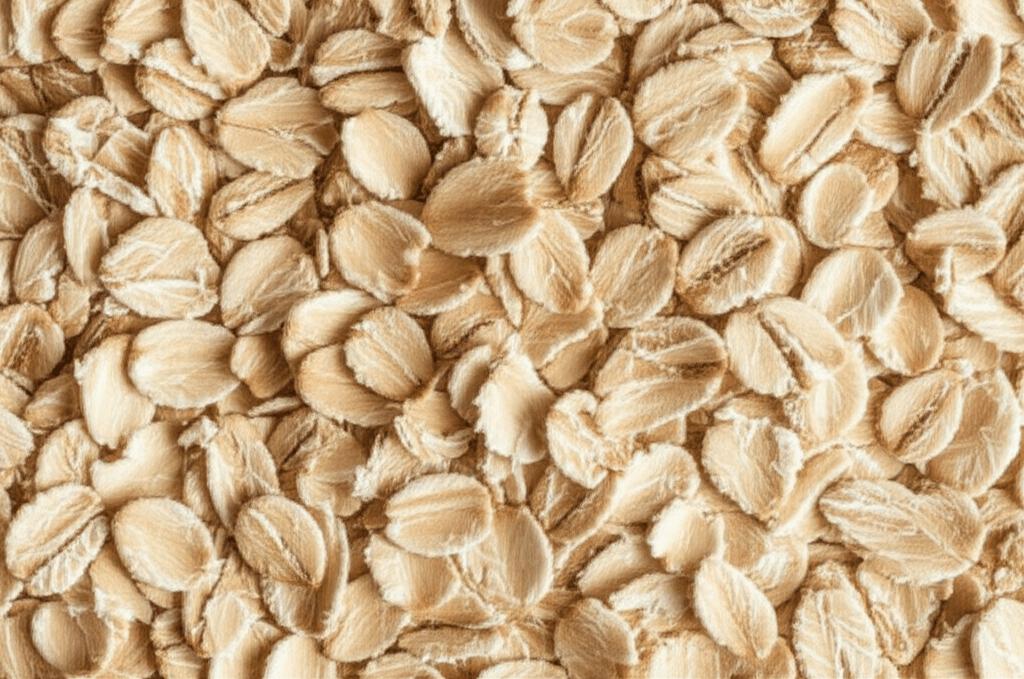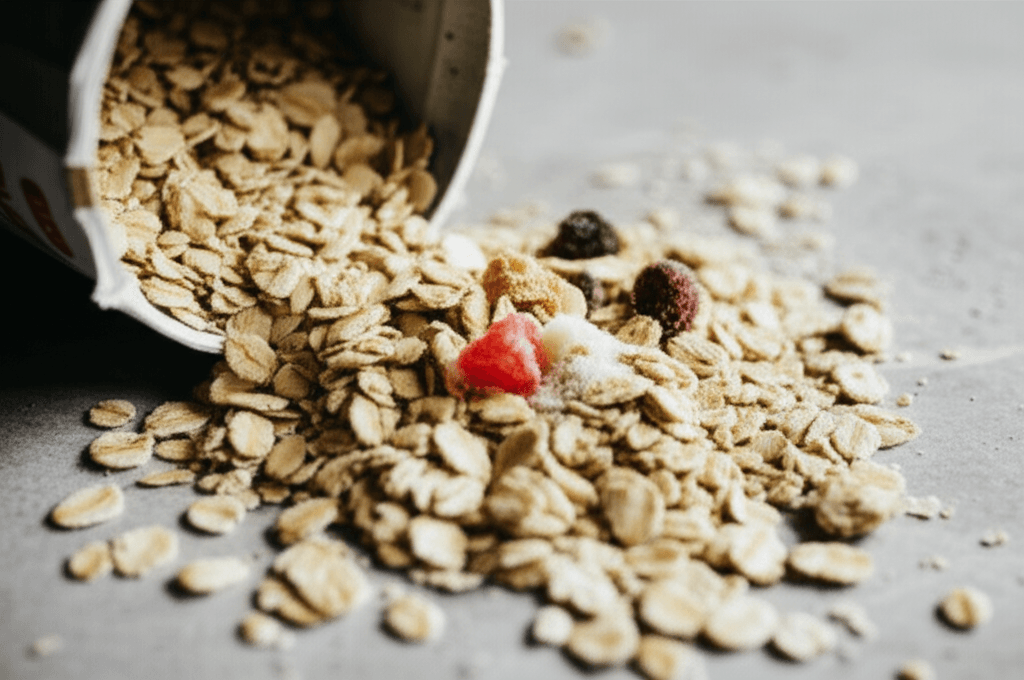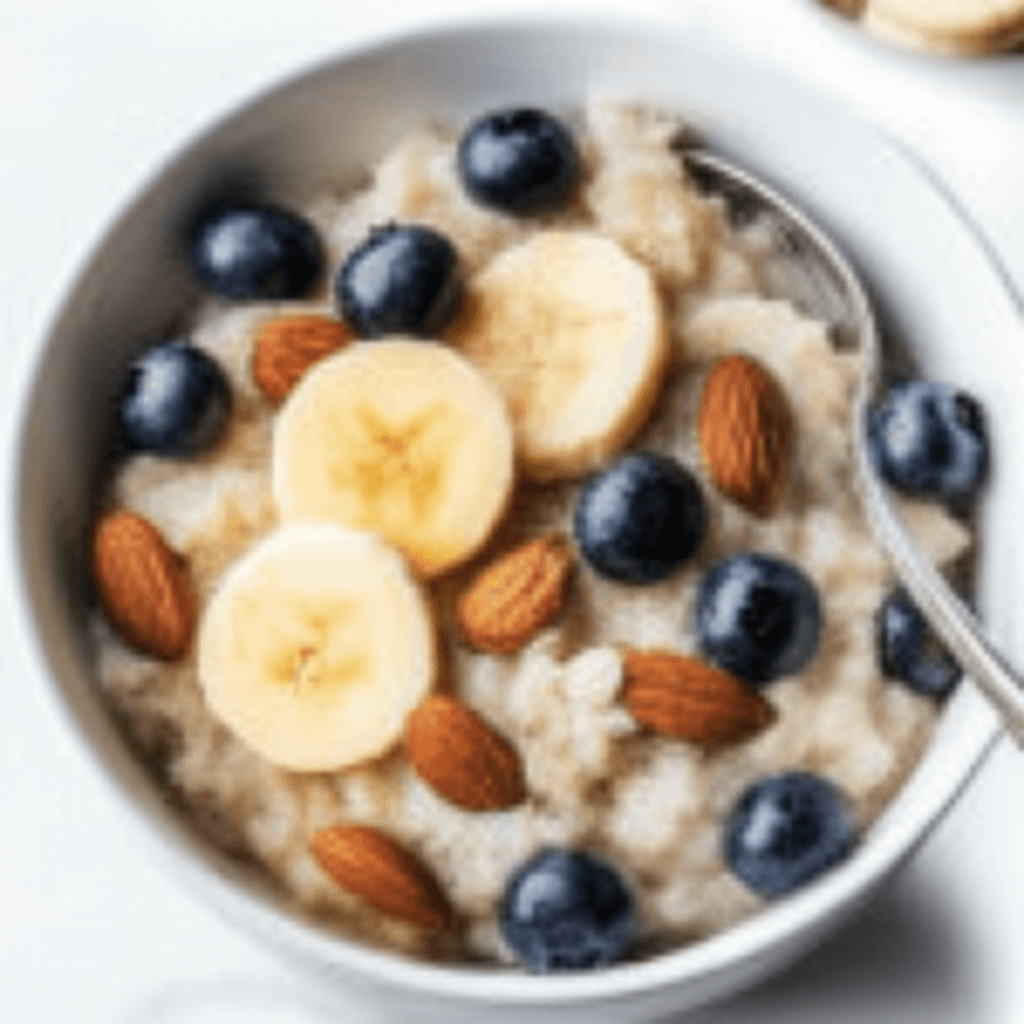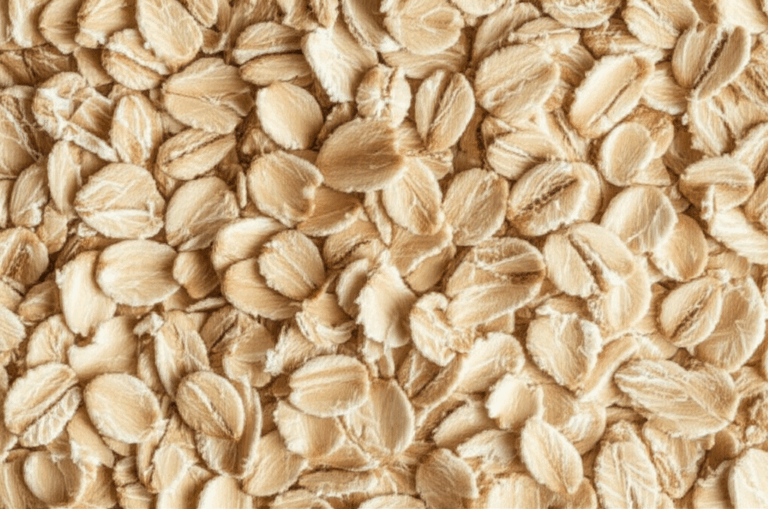Porridge, often touted as the quintessential healthy breakfast, has graced breakfast tables for centuries. But is this warm, comforting meal truly a nutritional champion, or are there hidden pitfalls lurking in instant packets and tempting toppings? The truth lies in understanding the core ingredient – oats – and how different preparations and additions can drastically alter its health profile.

The Power of Oats: A Nutritional Breakdown
At its heart, porridge is made from oats, a whole grain widely recognized for its impressive nutritional benefits. Oats are rich in carbohydrates, fiber, and protein, and contain essential vitamins and minerals.
Key Nutrients in Oats
- Fiber: Whole oats are an excellent source of dietary fiber, with approximately 10.1 grams per 100-gram serving. A significant portion of this is soluble fiber, particularly beta-glucan. Beta-glucan is unique because it forms a gel-like solution in the gut, which slows digestion, increases feelings of fullness, and can help suppress appetite. It’s also known to lower LDL (bad) cholesterol levels and may help regulate blood sugar and insulin levels after meals. Daily consumption of at least 3 grams of oat beta-glucan is associated with a reduced risk of heart disease. A typical 40g serving of oats can provide around 3g of fiber, meeting the requirements for a ‘high fibre’ food.
- Protein: Oats offer a good amount of quality protein, ranging from 11–17% of their dry weight, which is higher than most other grains. A 1/2-cup serving of cooked oats provides about 5 grams of protein. While it’s a plant protein and may not offer the full range of essential amino acids on its own, it significantly contributes to daily protein requirements and can be a great base for protein-rich toppings.
- Vitamins and Minerals: Oats are packed with various micronutrients, including manganese, phosphorus, copper, vitamin B1 (thiamine), and iron. These play crucial roles in metabolism, bone health, heart health, and oxygen transport.
Health Benefits of Regular Oat Consumption
Regularly incorporating oats into your diet can lead to several health advantages:
- Cholesterol Management: The beta-glucan fiber helps lower total and LDL cholesterol, reducing the risk of heart disease.
- Blood Sugar Control: Oats can help balance blood sugar levels and keep them from rising sharply after a meal due to their soluble fiber content and moderately low glycemic index (for less-processed varieties).
- Weight Management: The high fiber content promotes satiety, helping you feel fuller for longer and potentially aiding in weight loss.
- Gut Health: Oats support a healthy digestive system, promoting regular bowel movements and preventing constipation by fostering beneficial gut bacteria.
- Antioxidant Properties: Oats contain antioxidants called avenanthramides, which are not found in other cereal grains and can help reduce inflammation and relax arteries, further benefiting heart health.

Instant Porridge Sachets: Convenience vs. Nutrition
While raw or rolled oats are undeniably healthy, the convenience of instant porridge sachets often comes with a nutritional trade-off.
The Downside of Instant Sachets
Many flavored and sweetened instant porridge sachets contain significant amounts of added sugars and sometimes salt. Some brands can have as much as 10 to 21 grams of sugar per serving, or even up to 29.5g per 100g in some cases. This can equate to several teaspoons of sugar in a single bowl, potentially exceeding half of the recommended daily sugar intake for adults.
Excessive sugar consumption can negate many of the benefits of oats, contributing to weight gain, an increased risk of type 2 diabetes, and heart disease. Some instant sachets may also contain added corn starch and wheat starch, which can be considered “empty calories” due to a lack of fiber and nutrients.
Instant vs. Rolled Oats: The Processing Difference
All porridge oats, including rolled, quick, and instant, are whole grains. However, the processing differs:
- Rolled Oats (Old-Fashioned Oats): These are oat groats that have been steamed and flattened into flakes. They retain more of their natural nutritional content and have a slightly lower glycemic index, meaning they cause a slower and steadier increase in blood sugar.
- Instant Oats: These are cut thinner and partially cooked, allowing for quicker preparation (often just adding hot water). While plain instant oats are nutritionally similar to rolled oats in terms of fiber, protein, and fat, their more processed nature can lead to a slightly higher glycemic index and a faster spike in blood sugar, especially if they are finely ground. The main concern with instant oats, as noted, is the prevalence of added sugars and sodium in flavored varieties.
For optimal health, it’s generally recommended to choose plain, unflavored oats (rolled, steel-cut, or even plain instant oats) and control your own additions.

The Impact of Toppings: Making or Breaking Your Porridge
The true health value of your porridge often hinges on what you add to it. Toppings can either enhance the nutritional profile or turn a healthy base into a sugary indulgence.
Healthy Porridge Toppings
To maximize the health benefits, consider these nutrient-dense options:
- Fresh or Frozen Fruit: Berries, bananas, apples, pears, and other fruits add natural sweetness, vitamins, fiber, and antioxidants. Mash ripe bananas or stew apples with cinnamon for natural sweetness.
- Nuts and Seeds: Almonds, walnuts, pecans, chia seeds, flaxseeds, and sunflower seeds provide healthy fats, protein, and additional fiber, contributing to satiety and overall nutrition. Ground flax seeds, for example, can add 3.5 grams of fiber and 2 grams of protein per tablespoon.
- Nut Butters: Natural peanut butter or almond butter (without added sugar or hydrogenated oils) can boost protein and healthy fats.
- Spices: Cinnamon, nutmeg, ginger, and cardamom add flavor without extra sugar or calories.
- Plain Yogurt: A dollop of plain Greek yogurt can increase the protein content.
Unhealthy Porridge Toppings to Limit or Avoid
Be mindful of these additions, which can undermine your porridge’s health benefits:
- Added Sugars: Brown sugar, white sugar, golden syrup, honey, and maple syrup, while natural, are still added sugars that contribute empty calories and can lead to blood sugar spikes. A tablespoon of syrup can add 60 calories and 16g of sugar.
- Dried Fruit with Added Sugar: Many commercial dried fruits are coated with extra sugar, significantly increasing their sugar content. Even unsweetened dried fruit concentrates natural sugars. Opt for fresh fruit instead.
- Sweetened Milks or Yogurts: Flavored yogurts and sweetened plant-based milks can contain a surprising amount of added sugar.
- Candied Nuts: While nuts are healthy, candied versions add unnecessary sugar.
- Chocolate: Milk chocolate and many chocolate spreads (like Nutella) are high in sugar and calories. Dark chocolate (high cocoa content) can be a healthier alternative in moderation.
- Processed Meats: Adding items like bacon or sausage, while providing protein, often introduces excess sodium, nitrates, and unhealthy fats, which can counteract the heart-healthy benefits of oats.
In conclusion, porridge can be a highly beneficial part of a healthy diet, particularly when made from whole, unprocessed oats. The key is to be mindful of instant, pre-sweetened options and to choose healthy, natural toppings that complement, rather than compromise, the nutritional integrity of this versatile breakfast.







